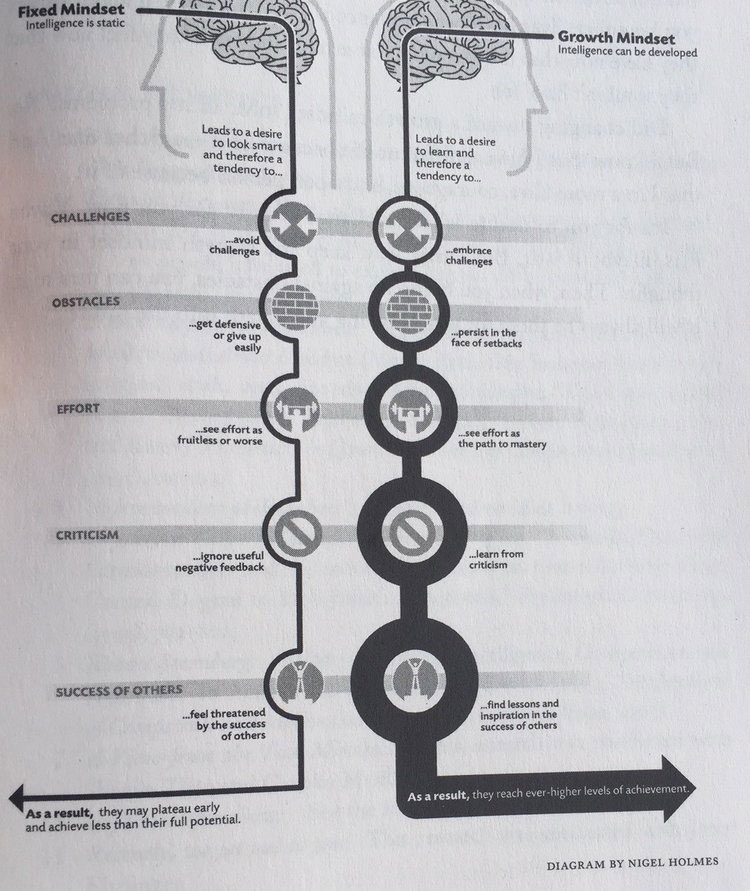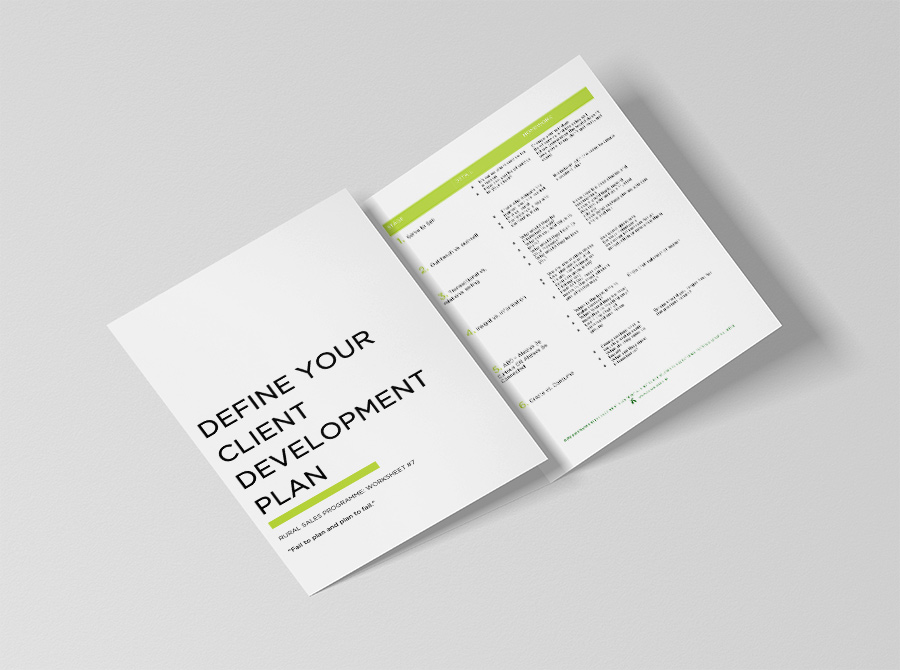How Much Is Your Inexperienced Rural Marketing Manager Costing You?
When your rural marketing manager doesn’t know what he or she is doing it can get expensive. This problem is compounded by the fact that often management don’t know what they should be doing either. This is why they hired a rural marketing manager in the first place.
Because their rural marketing manager hasn’t come clean on what they do and don’t know, risks are high for business owners and companies become easy prey for the most persuasive sellers of services.
This lack of internal knowledge puts an outside advisor in a privileged and powerful position. A position that unfortunately most and many abuse by taking advantage of this fact. It’s not until the stones are turned and the shit hits the proverbial fan that we find out what’s really been happening.
Let’s take Facebook ads or Google Adwords as two well known examples.
Most think buying their way to the top of the rankings means effectiveness. What they don’t know is over 70% of people distrust sponsored links so they don’t click on them or if they do they feel deceived when that link doesn’t promise them what they were looking for (because someone gamed the system). If you can’t create relevance, buying it instead seems the fastest, cheapest option (hint: it’s not).
An organic ranking is seen as more natural so it’s trusted more but few know how to build a content strategy that earns them real rankings. Once that organic link is there you don’t have to pay each and every time someone clicks on it. You built it based on great content rather than buying it.
It’s also hard to compete with the big companies and by competing for the same keywords you push the pice up for everyone (my advice – use them to start off when you’re starting out to get exposure but then move towards creating a bank of unique, generous and useful content that will earn you organic links instead).
Facebook ads are fine if you need to build up your following early on but most of them end up as “vanity metrics” liked only by your Mum and paid employees or friends instead of new customers who you want to build a relationship with. Sure, you’re building a relationship and engagement with existing customers but this won’t move the business needle much further for you just like sales reps that only visit the same customers (we call it the “milkmen salesmen”).
We all know Facebook is losing some of its power as a platform due to its less than impressive stands on hate speech and political engineering with Cambridge Analytica. This erosion of trust isn’t helping itself or its platform alongside the fact that only 1 out of 2000 Facebook ads are clicked on. It still has a role to play so long as it’s not the only leg to your marketing stool.
If you’ll indulge me here on a quick minor excursion, sales is another territory where inexperience can cost heavily.
Very few rural companies I train have a clearly defined and documented sales process.
A dedicated rural sales process will protect them because it will produce predictable revenue giving that company security and certainty.
Sales teams are the only department I know in business that evade set rules or process. Imagine if the finance team didn’t follow standard auditing and accounting practices or the operational team disregarded important health or safety protocols.
Resisting process is a recipe for disaster.
“THE BLIND FOLLOWING THE BLIND”
The issue with a lack of disclosed knowledge and experience is blindly falling for and following the suggestions of your marketing agency provider. When that provider is paid by others (such as media outlets) rather than just you, you have a problem.
Trust is a rare currency and can only be earnt when there is complete openness and transparency. Where there are hidden fees, kick backs and rebates means there is an inherent commercial bias in recommendations. Instead of serving your interests as a client, there are serving theirs.
This is why independent, open and transparent models are better. There’s no agenda and anyone can see at anytime what things costs.
BIAS IS BLINDING.
There’s an old saying “at least colour blind people know they’re blind”. For the rest of us we think we can see everything.
We can’t.
Our world view is often the opposite of reality. We filter events and memories to fit with our own set of beliefs and values (cognitive bias) or defend positions we’ve become so emotionally invested in. Often these biases are put there by us to protect us from what we don’t want to know or acknowledge about ourselves. It’s far more comfortable to be validated than it is to be challenged.
When we’re challenged we stretch and grow. When we don’t, we shrink.
We are often over-confident in our abilities to complete tasks quickly (planning fallacy). We leave sales meetings saying there were positive when our colleague suggests otherwise because of the blind spots and bias we have put in place to show us in the best possible light. We make assumptions about customer sentiment or satisfaction because it makes us feel better than it would if we had to ask them directly.
The truth can and does hurt sometimes but truth is all we have.
TRUTH IS THE ANTIDOTE TO BIAS.
Getting a true stock take of what customers think and feel can be scary but also hugely rewarding. Instead of flying blind making assumptions or relying on deeply held internal beliefs, we get the truth which either validates or challenges our own view of ourselves. Either way we learn something. We learn that what we’re doing isn’t working or what we’re not doing could make all the difference.
STRENGTHEN THROUGH SKILLS
We want to build rural marketing managers up not tear them down. Coming down hard on someone’s lack of abilities isn’t going to help anyone. It just drives them deeper underground not wanting to open up and share where they need help most.
The only way we can do this is by up-skilling and taking the time (and money) to share our knowledge base and experience.
It’s our job and duty of care to focus on them in a good way, rather than let them fail in a bad way.
“WE DON’T KNOW WHAT WE DON’T KNOW.”
“The greatest obstacle to knowledge isn’t ignorance, it’s the illusion of knowledge.”
Historian Daniel Boorstin
The problem is most of us don’t want to admit to not knowing something because we see it as a weakness that will make us vulnerable. Worse, we feel it could leave us to be exposed or ridiculed.
THIS COULDN’T BE FURTHER FROM THE TRUTH.
When you admit to not knowing something it’s a massive strength and a great demonstration of character. It should be encouraged and supported, not chastised.
There is nothing more frustrating in trying to teach someone something who thinks they know everything. If that was the case, why are they even taking the time to talk? My advice: walk away. And walk away quickly.
When you learn, you grow. Your knowledge base and value increases. When you don’t learn new things your knowledge base shrinks and so does your usefulness.
Pretending is just a pretence and we all know all of us get found out in the end. So please, don’t fake it till you make it.
A MIND IS LIKE A PARACHUTE – IT ONLY WORKS WHEN IT’S OPEN
Carole Dweck in her brilliant book Mindset talks about the importance of a growth mindset vs a closed mindset. Those with a fixed mindset believe talents and intelligence can’t be developed. Those with a growth mindset constantly seek out opportunities to learn, grow and develop by recognising growth is a continual process, not a static, one-off one.

In the book, she suggests a growth mindset is focussed on growth-orientation rather than judgement.
“In the end, many people with a fixed mindset understand that their cloak of specialness was really a suit of armour they built to feel safe, strong and worthy. Whilst it protected them early on, later it constricted their growth, sent them into self-defeating battles and cut them off from satisfying mutual relationships.”
Dr Carole Dweck
THE SOLUTION: RURAL MARKETING MANAGER NEED MENTORS
A mentor is someone who’s done what you want to do. A qualified and proven mentor has the miles on the clock, which we also call “experience”. Experience is something you have to earn over years unless you are fortunate enough to expedite the process and be able to buy it in.
Now more than ever all of us need more mentors. People who can teach us the skills and knowledge we don’t yet have and people who have a proven track record of keeping themselves and their knowledge updated.
The world of rural marketing, sales and brand (I include all three disciplines here because each are heavily co-dependent and inter-related) is changing so fast we need others to help us keep up whether its SEO, CRM, email automation or using funnels to build our lists.
ALL IT TAKES IS AN OPEN MIND AND A WILLINGNESS TO LEARN.
Next time you feel scared and don’t know the answer say you don’t know and find someone who does.
You’ll be respected for that and save your company and business owners a lot of money in the process.





